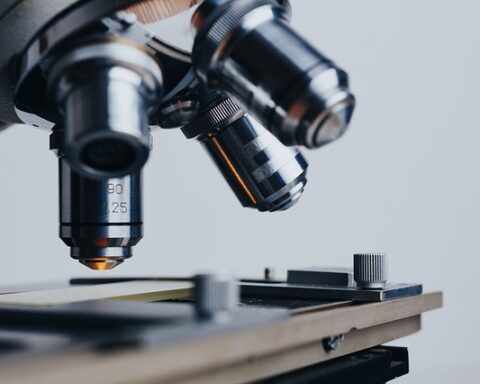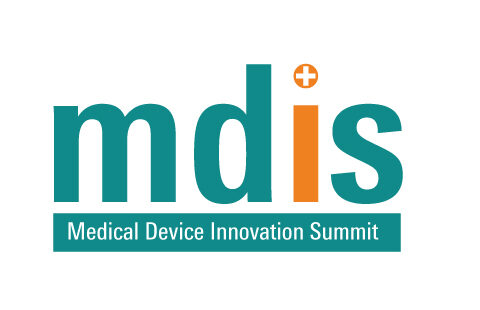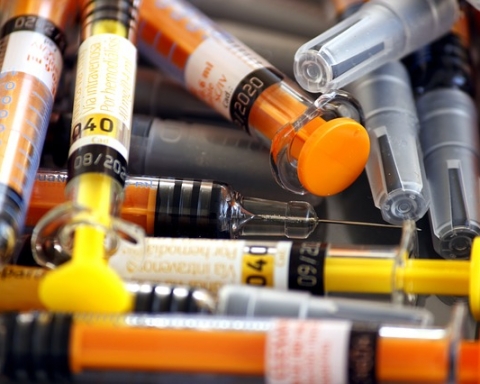Indonesia, being the fourth most populous country in the world, presents a significant market opportunity for medical device manufacturers. The Indonesia medical device registration process is a necessary pathway for any foreign manufacturer looking to supply their products in this burgeoning market.
The growth potential is immense due to the increasing healthcare expenditure and growing awareness about advanced medical technologies among the population. Understanding the regulatory landscape is crucial for a smooth market entry and sustained success in the Indonesian medical device market.
Engaging effectively with regulatory bodies is a strategic step toward establishing a reputable and compliant presence. A streamlined engagement can significantly expedite the approval process, ensuring that medical devices are available to Indonesian healthcare providers and patients in a timely manner. Moreover, it fosters a transparent and constructive relationship with the authorities, which is beneficial in navigating through any regulatory challenges that may arise.
The Badan Pengawas Obat dan Makanan (BPOM) is the pivotal regulatory authority overseeing the approval and monitoring of medical devices in Indonesia. Understanding the BPOM device guidelines and procedures is the cornerstone of achieving successful registration and market entry. BPOM ensures that the medical devices circulated within the country meet the necessary Indonesian medical device standards and are safe for use.
Understanding Indonesia’s Medical Device Registration Process
The journey towards a medical device license begins with a thorough understanding of the registration process. The key steps include the preparation of a detailed dossier containing all necessary information about the medical device, submission of the dossier, and response to any queries or requirements from BPOM in a timely manner. Ensuring that all documentation is complete and compliant with the BPOM device approval process guidelines is essential to avoid any delays or rejections.
Being cognizant of the timeline expectations and common causes of delays can significantly streamline the registration process. Generally, the process may take a number of months, and being prepared for this duration is crucial for planning the market entry.
Common delays could arise from incomplete documentation, lack of dedication to medical device regulation in Indonesia, or changes in regulatory requirements. Hence, staying updated and having a well-prepared dossier can mitigate the risks of unforeseen delays.
The BPOM is responsible for reviewing the documentation to ensure compliance with Indonesian medical device standards. Engaging with BPOM proactively, understanding their concerns, and addressing any queries promptly can significantly expedite the acceptance process.
This engagement also sets the foundation for a constructive relationship with the regulatory authority, which is invaluable in the long-term operations within the Indonesian market.
Diving into BPOM’s Device Guidelines
The BPOM has laid down comprehensive guidelines that provide a framework for medical device approval in Indonesia. These guidelines cover a wide array of aspects including classification of medical devices, clinical evaluation, labeling, and post-market surveillance among others. They serve as a roadmap for manufacturers aiming to navigate the clearance process efficiently.
The importance of strict compliance with BPOM’s guidelines cannot be overemphasized. Every detail, from documentation to labeling and testing, must align with the stipulated guidelines. Any discrepancies could lead to delays or outright rejection of the application. Moreover, adherence demonstrates a manufacturer’s commitment to delivering high-quality and safe medical devices to the Indonesian market.
The medical device regulatory landscape is dynamic, with guidelines evolving to align with global best practices and local healthcare needs. Staying abreast of any amendments in BPOM device guidelines is crucial for manufacturers.
It’s advisable to regularly check for updates and engage with local Indonesian regulatory consultants who can provide insights into the latest developments. This proactive approach not only facilitates compliance but also positions the manufacturer as a responsible and informed market player.
Learning Indonesian Medical Device Standards
Indonesia has its set of medical device standards that manufacturers must stick to. These medical device standards contain various facets including quality management systems, technical documentation, and clinical evaluation. Understanding the core components of these standards is essential as it lays the foundation for creating a compliant and compelling registration dossier.
While there are commonalities with global standards, the Indonesian medical device standards have distinctive features tailored to address the unique healthcare needs and regulatory environment of Indonesia.
Undertaking thorough research to grasp the nuances of Indonesian medical device requirements is a prudent step toward ensuring adherence. Engaging with Indonesian medical device regulatory experts, participating in regulatory workshops, and consulting with BPOM can provide invaluable insights. This prior research aids in aligning the medical device attributes with the stipulated standards, significantly enhancing the likelihood of successful registration and fostering a constructive dialogue with the regulatory authorities.
Encountering hurdles is part of the journey towards securing a medical equipment license in Indonesia. These roadblocks may come in various forms such as unexpected regulatory changes or additional documentation requests from BPOM. The strategy to overcome these challenges lies in anticipating them and preparing in advance. Building strong relations with regulatory authorities and seeking guidance from local regulatory experts can provide a clearer path through these roadblocks.
As the Indonesian healthcare landscape continues to evolve, so will the regulatory framework governing medical device approvals. Embracing a proactive approach and ensuring continuous medical equipment certification in Indonesia and compliance will not only facilitate a successful market entry but also foster sustainable operations in this promising market.








